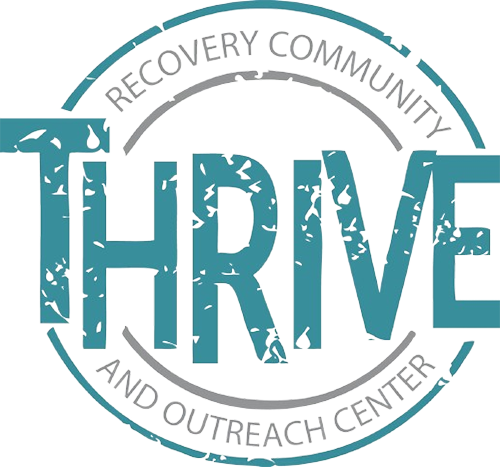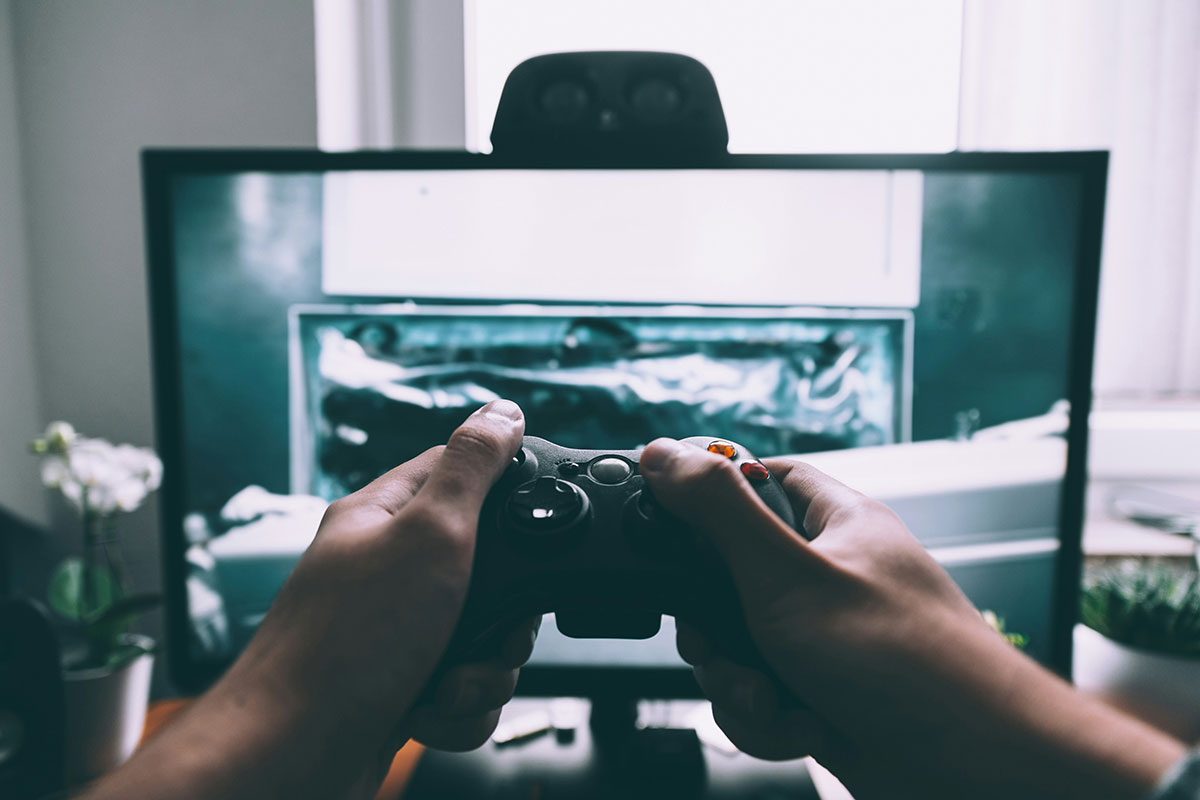When the pandemic first hit, the transition to working from home seemed like a blessing. For the first time in my career, I had free time to hang out with my kids, catch up on Netflix with my wife and even sneak in a game or two on the Xbox. I’m not going to lie. Amidst all the chaos and uncertainty, I was feeling pretty good.
As the days and weeks passed, more and more businesses started to shut down, restaurants closed, and people slowly started to disappear. People were terrified of getting sick and even a trip to the supermarket was enough to induce a mild panic attack.
I am a person in long term recovery from substance use disorder. I also live with depression and anxiety. Addiction and depression (if not treated) can be a lethal combination. For me personally, isolation is the deadliest threat to my sobriety.
So, what happens to a person living with SUD and Depression when there is nowhere to go and no one to connect with? What happens when therapists, social workers and guidance counselors can’t connect with their patients, peers and students? What happens when the 12-step support groups must close their doors for weeks, months or even years? Through human connection, I find identification and identification is an important part of treating my addiction. In order to keep myself busy when I wasn’t working or spending time with family, I dusted off my Xbox and started to reconnect with gaming. I’ve always experienced gaming as a form of meditation, not necessarily a way to interact with people.
As I began to dive deeper into gaming, I discovered that there is a huge community of gamers that are in recovery from all kinds of addictions. I’ve met people from all over the world living with mental health issues, eating disorders, substance use disorders, gambling addiction and self-harm. The more I gamed, the more people I met, and I slowly started to find that identification through connection that was all but absent during the pandemic.
There is something about communicating through gaming that is conducive to engaging in real conversation. There is a degree of anonymity. Not many people know each other’s real names. Everyone calls everyone by their gamer tag. It’s kind of weird at first but it’s a little bit like the anonymity of a 12-step program. You also rarely, if ever, see someone’s face. This makes it easier for some to open up about vulnerable topics such as addiction or mental health. Especially if you are inherently introverted or experience social anxiety.
Through gaming, relationships are built on a common bond. Gaming. That’s a great foundation to build from. It might be hard to understand for some but the relationships I’ve made through gaming are some of the strongest connections I have in my recovery today. Recently, a bunch of us decided to start an online recovery discussion group that is open to anyone who is in recovery or just curious about recovery. The power of human connection is immeasurable. My recovery journey is forever evolving. My Fortnite skills? Not so much…
If you are a gamer in recovery or just looking for human connection, come hang with us at Thrive Suffolk on Friday, October 27th at 7pm for our second Game Night! NBA 2K, Mario Party and VR gaming. Food and refreshments will be served. Free transportation for those who need it.

